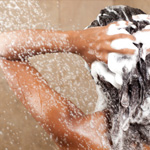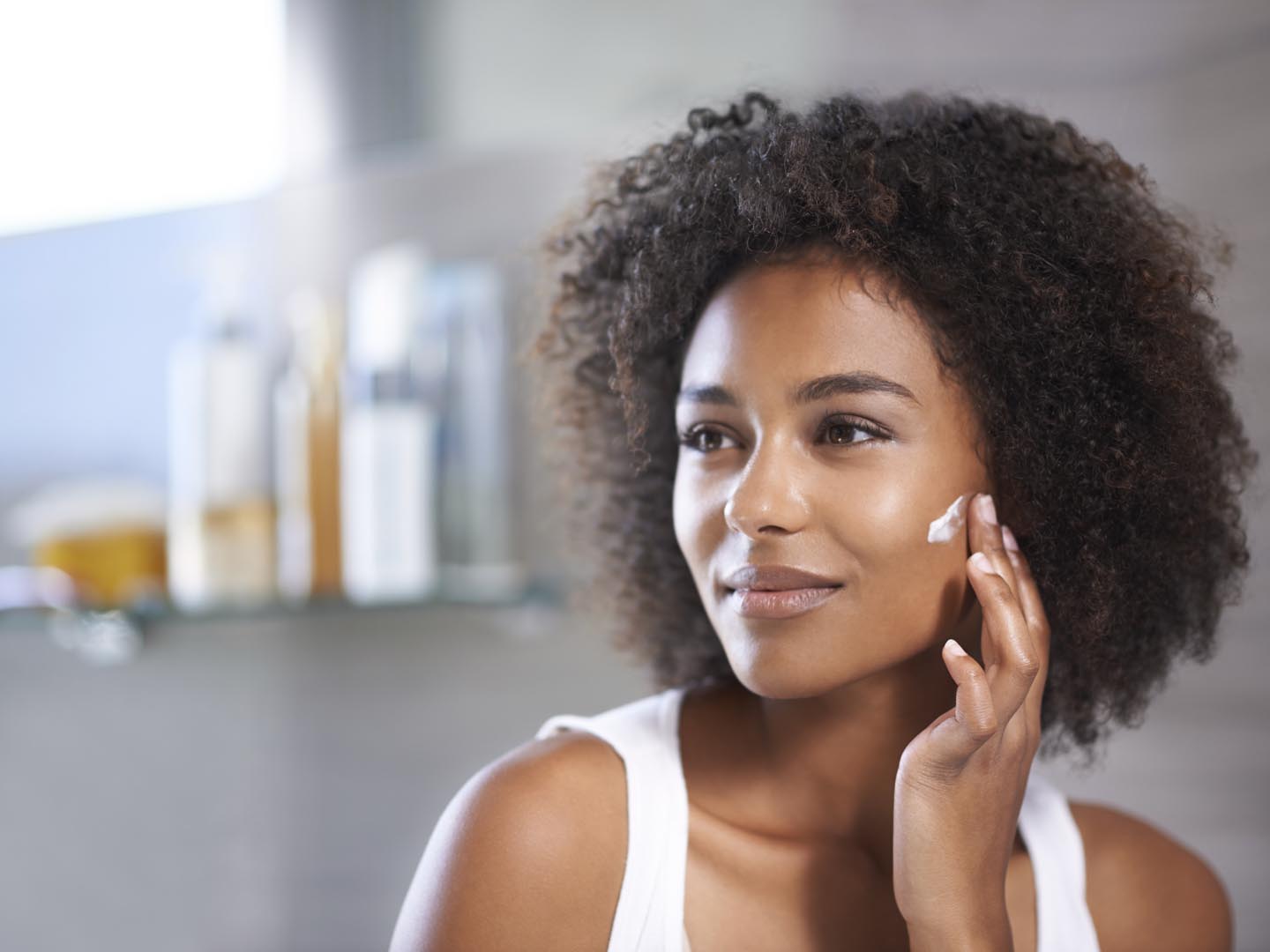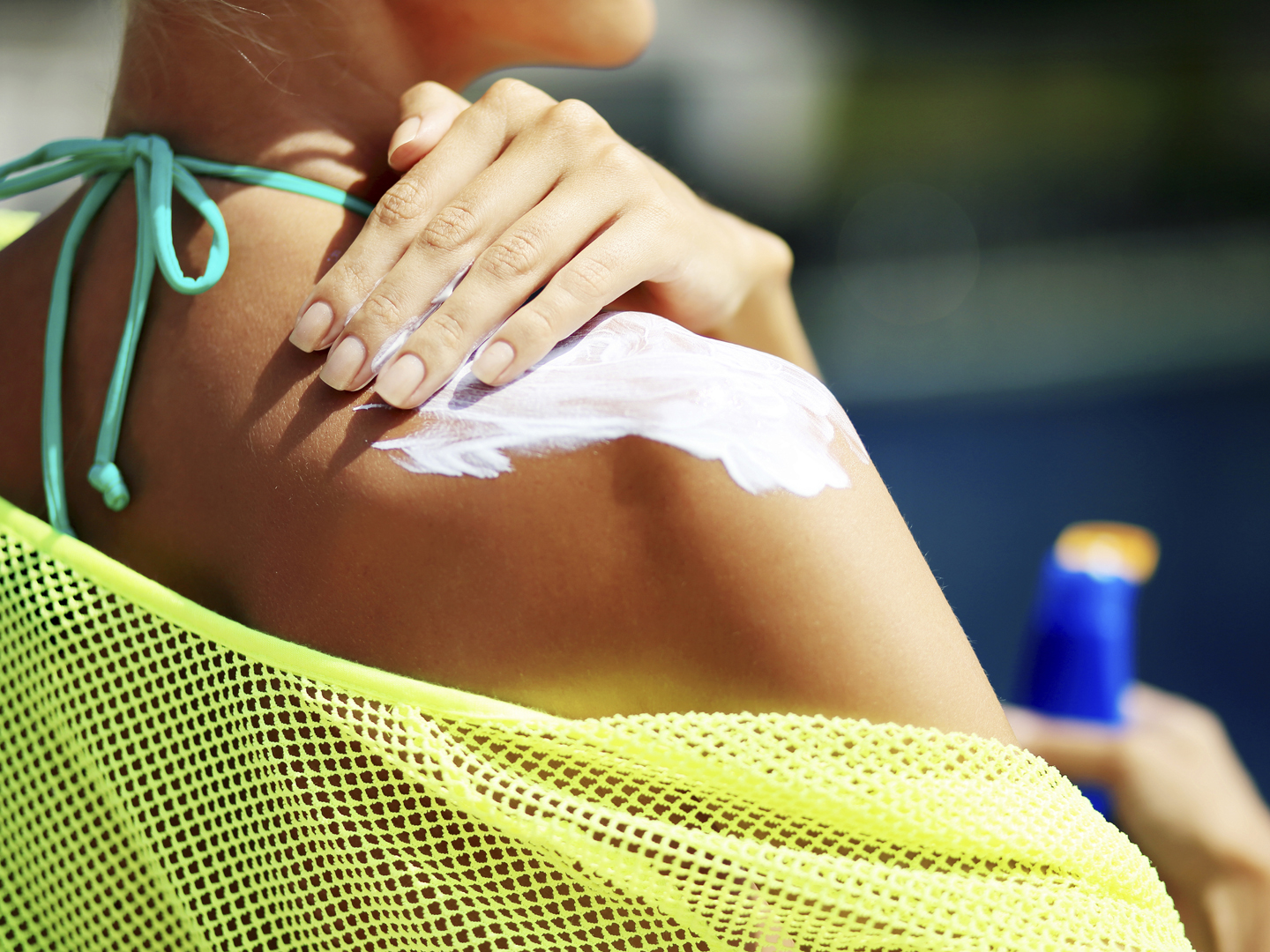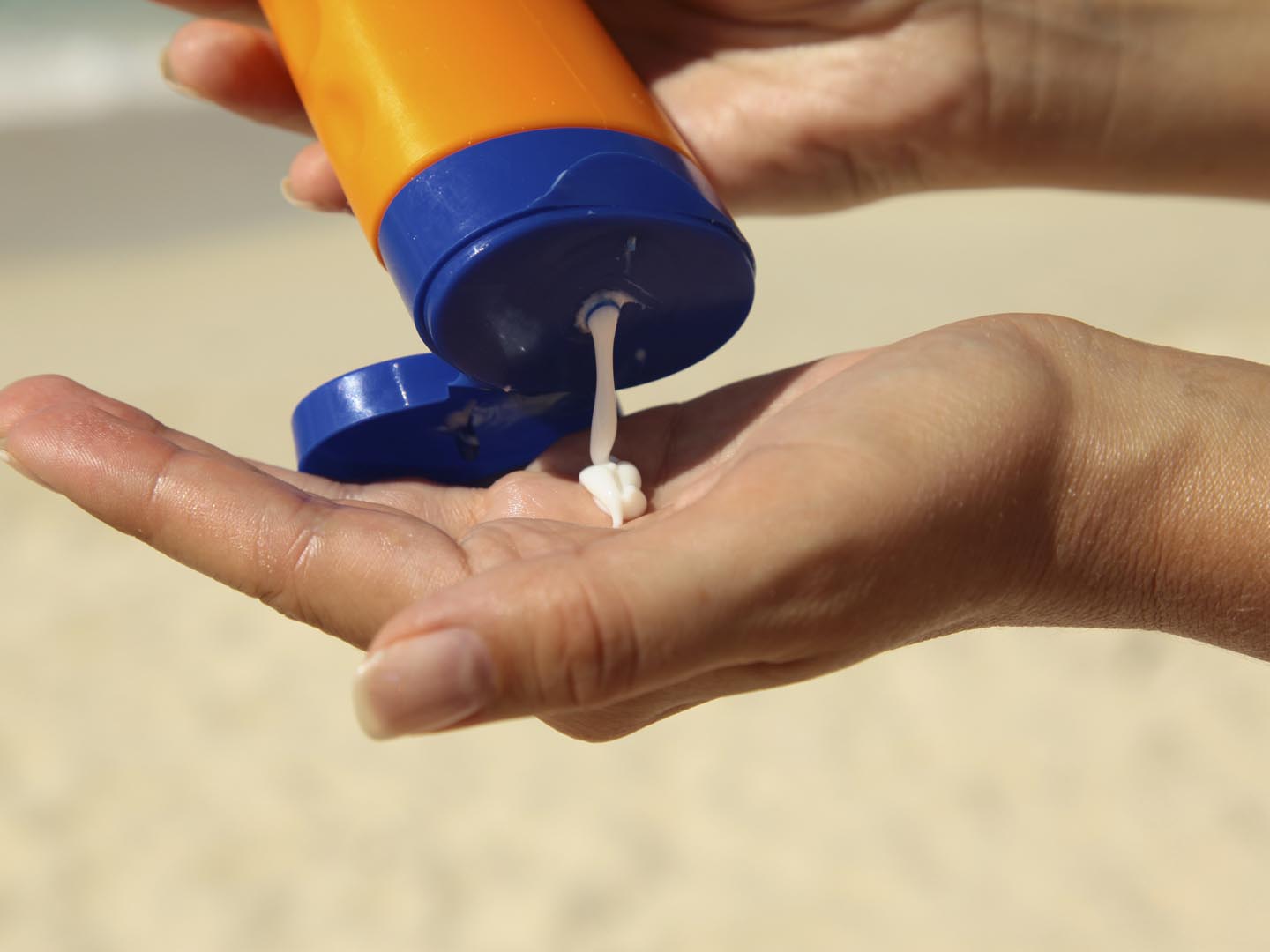Are Cold Showers Good For You?
A friend of mine takes cold showers and swims in the winter in the ocean with a "polar" group that does this annually. He claims that cold water has all kinds of health benefits, but I’m not convinced. Does swimming in cold water or taking cold showers really promote good health?
Andrew Weil, M.D. | April 9, 2012

I like swimming in cold water. I often swim in the bracing ocean and lake waters near my summer home in British Columbia, and I frequently end showers with a cold rinse, which is stimulating to the nervous system and can wake you up. It also helps retain heat in the body by constricting surface blood vessels. There’s not much scientific information on this subject – in a search of the medical literature, I could find only nine studies that mention cold showers (also know as cold plunges), and none of the investigations was recent. However, the smattering of research that has been done suggests that regular exposure to cold water (via showers, baths or swims) may have some health benefits, including:
- Boosting the immune system: a study from England found that taking daily cold showers increased the numbers of disease-fighting white blood cells (compared to people who took hot showers). The investigators at Britain’s Thrombosis Research Institute suggested that as the body tries to warm itself during and after a cold shower, metabolic rate speeds up and activates the immune system, which leads to the release of more white blood cells. And, according to a German study, an occasional winter swim in cold water causes oxidative stress, but, done regularly, such swimming leads to an adaptive antioxidant response; in other words, the body is better able to combat oxidative stress in general once it’s accustomed to cold-water swims.
- Preventing injury: Soaking in a cold bath (also known as an "ice bath" or "cold therapy") is said to help reduce swelling and tissue breakdown in runners after distance runs. However, the few studies actually completed and published have been inconclusive or contradictory, so until we get more definitive findings, these claimed benefits can’t be confirmed.
- Enhancing male fertility: Here, the main argument for cold showers assisting conception is that they’re not hot showers. Higher scrotal temperatures depress sperm production, so much so that long-standing belief holds that hot baths might be an effective method of male contraception. According to a study published in 1992, the "wet heat" method of contraception has been known since the 4th century B.C. and involves placing the testes in hot water (116 degrees Fahrenheit) for 45 minutes every night for three weeks. This is supposed to provide protection for six months, but it isn’t a very practical method. And there’s no proof that taking cold showers will have the opposite effect.
Cold water may do all that and more, but the science behind the claims for health benefits is very thin. Showering or swimming in cold water is a matter of personal preference – there is no compelling health reason to switch to cold showers or dive into frigid water. In fact, I advise against it for anyone who has high blood pressure. Low temperatures (including cold weather) constrict blood vessels. As a result, blood pressure rises because more pressure is needed to force blood though narrowed blood vessels.
Andrew Weil, M.D.









